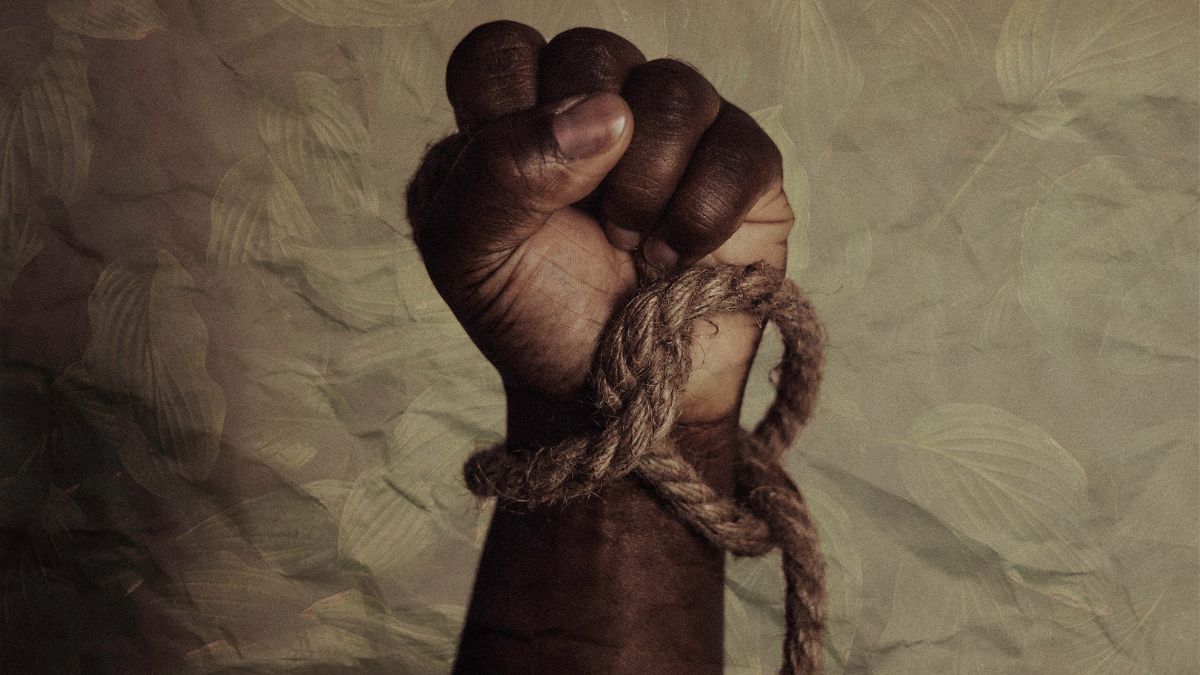“Blackbird” is a song that has applications in many areas. It’s been interpreted as a song about nature, a civil rights symbol, and a general message about realizing potential. All of these interpretations are valid, but it is unknown which of these was Paul McCartney’s original inspiration.
This is because McCartney has given multiple reasons for the song’s creation. However, his most consistent explanation is that the song is a metaphor for black people’s struggle in the US. Songwriting can be very unconscious, and it’s not uncommon for artists to blur the initial inspiration for their work.
In this article, we’ll try and unpack the actual hidden meaning in the song by analyzing these symbolic lyrics. We’ll also uncover the universal messages in the track that speak to something in all of us. Without further ado, let’s dive in!
“Blackbird” Lyrics Meaning
The track kicks off with the lovely “blackbird singing in the dead of night.” This line focuses our attention on the bird and shows us that it’s singing during a dark hour. The “dead of night” may relate to the dire situation of black people struggling for equality. Alternatively, it could just be creating an image in our minds of the bird’s environment.
The blackbird must now “take these broken wings and learn to fly.” This means that the blackbird has to work through a disadvantage to succeed. This could be a reference to black people’s progression from slavery to second-class citizens and then to equality. It could also be a general example of struggle – something we all deal with at times.
In a 2002 discussion with Chris Douridas of KCRW, McCartney confirmed that the song was “not really about a blackbird whose wings are broken.” In other words, we shouldn’t take the lyrics literally. He confirmed that the song relates to “the black people’s struggle in the southern states,” which matches his current explanation for the track.
This explanation makes the rest of the lyrics a lot more understandable. We’re told that the blackbird has been “waiting for this moment to arise” for its whole life. The American civil rights movement pairs well with this idea since it came from the efforts of multiple generations.
The second verse is similar to the first but more direct. Instead of broken wings, this time, the bird is given “sunken eyes” and must “learn to see.” Again, it’s about overcoming adversity that was unfairly given to you. The biggest clue comes next: McCartney says the bird has been waiting “for this moment to be free.” That’s probably the best evidence for the civil rights interpretation since freedom was at the core of what the movement was seeking.
Next, the blackbird soars “into the light of a dark black night.” This line may sound like nonsense, but it’s very intentional. McCartney encourages the blackbird to embrace the struggle and go bravely into the darkness. To him, there is something honorable and inspiring about this, which is why there is “light” even though it’s night.
To end the song, McCartney repeats the first verse and emphasizes the final line three times. This repetition leaves the listener focused on “this moment,” which is an optimistic message. By focusing on the present, McCartney forces the listener to consider the direction they want to go in the future.
In summary, this song introduces us to a lovable underdog (the blackbird) who has to overcome disadvantages to fly. While the song certainly applies to the civil rights movement, it’s successful because it touches human nature. We all want to become more, and it’s inspiring for us to watch someone strive forward in the face of injustice.
The Story Behind “Blackbird”
Paul McCartney has given multiple explanations for “Blackbird.” This is understandable if you remember how much output he was producing in 1968 when it was written.
At one time, McCartney attributed the song to hearing a blackbird in India. At the time, The Beatles were studying meditation, which might have increased Paul’s appreciation for simple things in nature.
However, McCartney has been fairly consistent in recent years about the song’s intention. He once directly told Donovan Leitch that he meant for the song’s black “bird” to refer to a black woman and has elaborated on this in other places.
Another interesting fact about the song is that the guitar part is inspired by Bach. McCartney explained in 2005 that he and George Harrison were familiar with Bach’s Bouree in E minor. The guitar part for “Blackbird” is loosely based on this classical piece, although McCartney certainly made it his own.
The track is a musical masterpiece, regardless of what caused the initial spark. It was the eighth most recorded song of all time until 2008 and has an impressive chart history. Commercially and critically, this music is a massive success. With “Blackbird,” McCartney gave us an example of the peak songwriting ability that makes him so beloved.

